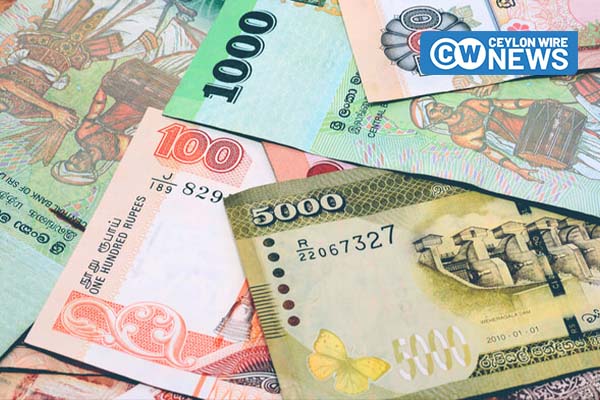In the initial eight months of the fiscal year, the government witnessed a robust 43.5% surge in revenue, reaching Rs.1,826.62 billion. However, the budget deficit continued to widen, prompting the government to reinforce its commitment to fiscal consolidation by increasing the Value-Added Tax (VAT) as part of its agreement with the International Monetary Fund (IMF). The IMF, citing limited progress on the revenue front, delayed the release of the second tranche following its first program review in September.
Outside the recently presented budget, the government announced an increase in VAT from the current 15% to 18%, effective from the upcoming year. Additionally, plans were disclosed to eliminate VAT exemptions, with exceptions for health, education, and select food items.
According to the latest Treasury data, government revenues for the eight months through August amounted to Rs.1,826.62 billion, compared to Rs.1,272.78 billion during the same period the previous year. Taxes raised and newly imposed contributed Rs.1,661.15 billion, marking a 47.8% increase from the corresponding period in 2022.
Under the IMF program, Sri Lanka implemented measures such as raising corporate income tax, personal income tax, and VAT, reintroducing taxes like withholding tax, and introducing new levies, including the Social Security Contribution Levy, to replenish depleted coffers. However, the failure to meet revenue targets highlights the challenge of achieving fiscal goals in a contracting economy, as increased tax rates begin to impede economic growth.
The budget for the upcoming year, presented last week, projects a 45% growth in revenue to Rs.4,127 billion. This growth is expected to be primarily fueled by the VAT increase and anticipated economic growth with the normalization of imports.
Meanwhile, expenditures rose by 38.2% to Rs.3,297.20 billion in the first eight months. Recurrent expenditure increased by 44.0% to Rs.2,941 billion, while capital expenditure and lending minus repayments rose by 3.5% to Rs.355.6 billion.
In light of these conditions, the budget deficit for the eight months expanded to Rs.1,470.66 billion from Rs.1,112.49 billion in the corresponding period of the previous year. Revised budget estimates for 2023 indicate that the government expects the overall deficit to reach Rs.2,402.0 billion or 8.5% of Gross Domestic Product (GDP) and Rs.2,401.0 billion or 7.6% of GDP in 2024, excluding the Rs.450 billion earmarked for State bank recapitalization.









